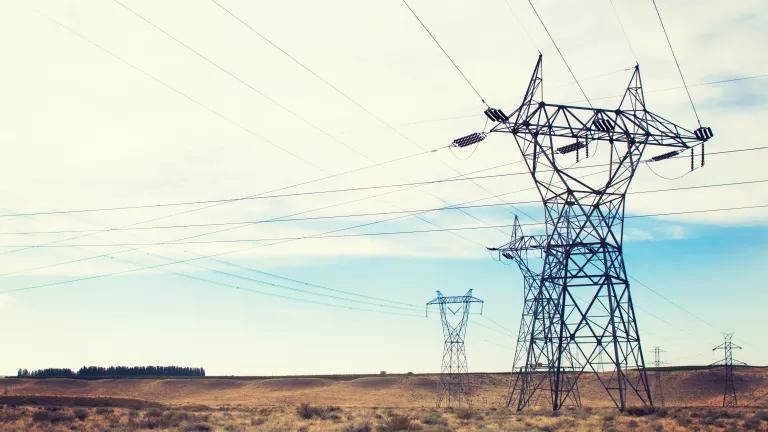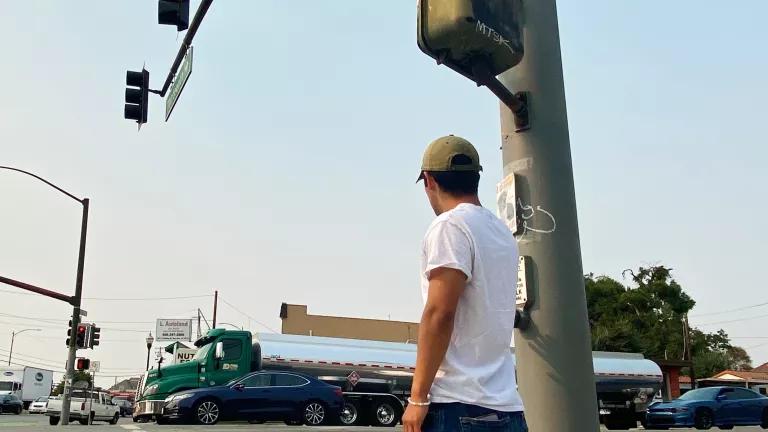The VW diesel scandal has taught us some hard lessons.
First, it's very, very hard to catch sophisticated, deliberate cheating.
Second, the Environmental Protection Administration (EPA) can't do its job with one hand tied behind its back and blindfolded. EPA needs more funding for enforcement, to patch the holes in the testing program, and to ensure penalties are adequate to deter future cheating.
Perhaps most importantly as even the Economist argues, we must transition more quickly to electric cars which are inherently "cheat-proof" because they have no pollution control system to fail or bypass.
Catching VW's defeat device is like trying to ferret out insider trading on Wall Street. VW's sophisticated, deliberate cheating is akin to how Wall Street traders use insider information and flash trading technology to skirt the law. It is impossible for regulators test every car and to review all 100 million lines of computer code in today's cars to catch hidden programs buried by clever auto engineers.
If this isn't challenging enough, the current Congressional majority keeps trying to tie EPA's hands by further cutting back its already bare bones budget.
Patching holes in the current testing regime is also critical. EPA and California air regulators are already adding a new, secret test to catch VW-style cheating.
As with Wall Street cheaters, to deter future malfeasance, regulators must do more than deliver a slap on the wrist. The penalties - and the chances of getting caught - must be high enough so that no cynical auto company can consider cheating or cutting corners simply a "cost of doing business".
The ultimate lesson is that we must assume that the industry will always look for ways to circumvent the spirit or, in some cases, the letter of the law. Given insider knowledge and the ease of building "cheat codes", hard-working regulators must have sufficient resources to do their job, especially to catch those in industry that choose to be deceptive.
The only sure fire way to prevent cheating is to set pollution standards that accelerate the auto industry's transition to truly zero-emission cars: electric and fuel cell cars that have no tailpipes and no end-of-pipe pollution control devices to fail or bypass. While the VW scandal may hasten the demise of the diesel in the U.S. market, the hand writing has long been on the wall.
Ironically, the same week that the VW diesel scandal hit the news, VW announced 20 new models of battery and plug-in hybrid models. Clearly even VW understands the future of the auto industry is not diesels and gasoline engines, but cars that can plug into an increasingly clean electricity grid.
In 1998, I testified before the California Air Resources Board to reject the auto industry's proposal to continue the pollution loophole for diesel cars. The automakers argued that the higher fuel economy of diesels was worth the pollution trade off. They argued that we didn't need electric cars, that cleaner diesel and gasoline vehicles were good enough to protect health and avert dangerous global warming. The Air Board got it half right: they sided with us to eliminate the diesel pollution loophole but allowed a weakening of the Zero-Emission Vehicle requirement.
Now, 17 years later, we have a chance to get it right. Getting it right requires giving regulators the tools to enforce our pollution laws. It also means giving the auto industry a clear mandate to move to zero-emission cars.



